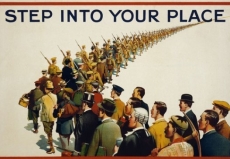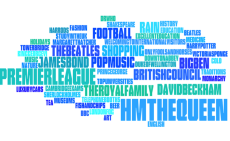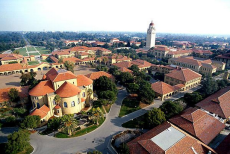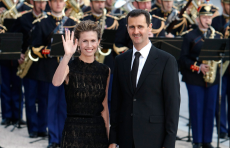The CPD Blog is intended to stimulate dialog among scholars and practitioners from around the world in the public diplomacy sphere. The opinions represented here are the authors' own and do not necessarily reflect CPD's views. For blogger guidelines, click here.

Think of the First World War and what are the words that come to mind?

Read how one Nobel Prize-winning NGO gained enough PD power to motivate the international community to start solving the global TB crisis.

A House of Lords committee led by Lord Howell produced a major report on the UK’s ‘soft power’ last month.

[From the Archives] It may now be time to swing for the fences and for Washington to increase quiet coordination with the Vatican.

Damage to America’s image isn’t the only reason to re-think our gun laws, but it is another consideration with this controversial policy.

A new initiative shows promise in promoting U.S. higher education through traditional PD channels.

The price of Maliki's inaction toward Iraqi Sunnis was poor public diplomacy.

Lessons from one dictator to another.
Pages
Visit CPD's Online Library
Explore CPD's vast online database featuring the latest books, articles, speeches and information on international organizations dedicated to public diplomacy.
POPULAR ARTICLES
-
January 29
-
January 20
-
January 28
-
January 2
-
January 8
Featured Blogger
Join the Conversation
Interested in contributing to the CPD Blog? We welcome your posts. Read our guidelines and find out how you can submit blogs and photo essays >.








